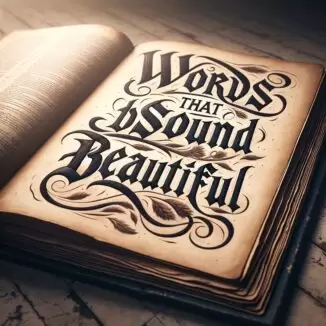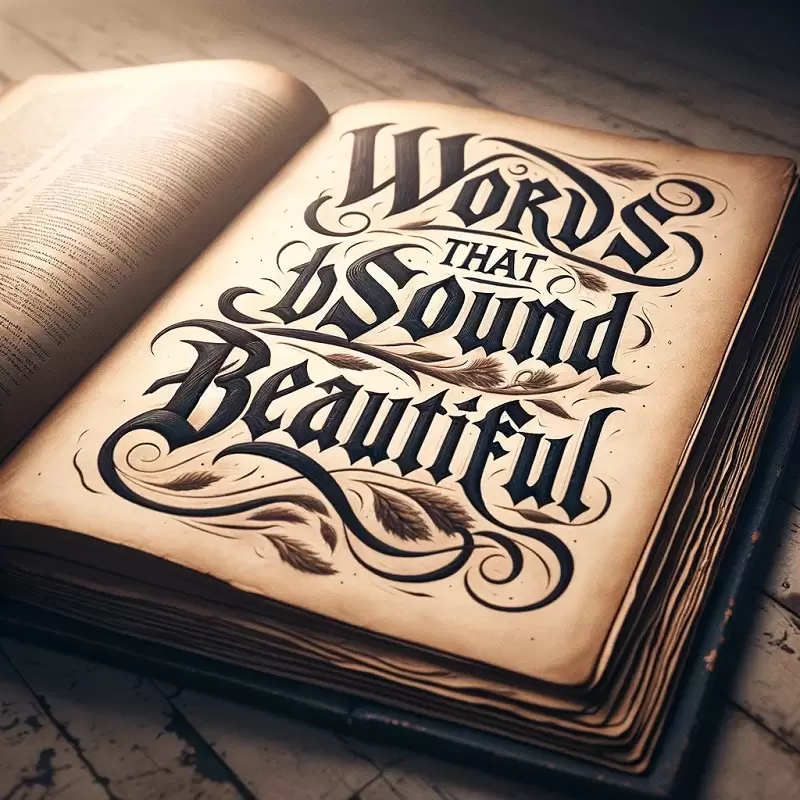 Language holds the power to enchant and deceive. Certain words strike us with their melodious sounds, luring us with a lyrical beauty that often masks their true meanings. This list of 13 words exemplifies the peculiar nature of language: each word is phonetically pleasing, yet its meaning might leave one disenchanted. Understanding these words that sound beautiful but have unpleasant meanings enriches our appreciation of language, reminding us of the complex relationship between sound and sense.
Language holds the power to enchant and deceive. Certain words strike us with their melodious sounds, luring us with a lyrical beauty that often masks their true meanings. This list of 13 words exemplifies the peculiar nature of language: each word is phonetically pleasing, yet its meaning might leave one disenchanted. Understanding these words that sound beautiful but have unpleasant meanings enriches our appreciation of language, reminding us of the complex relationship between sound and sense.
1. Petrichor
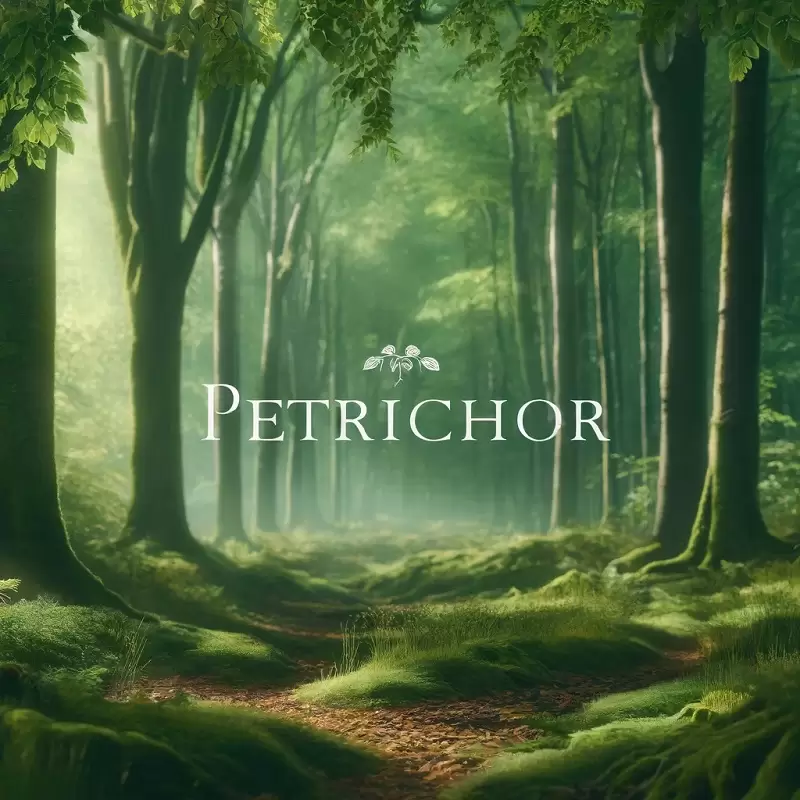 Petrichor refers to the pleasant, earthy scent produced when rain falls on dry soil. While the word itself rolls off the tongue with a gentle, inviting rhythm, its meaning evokes a sense of longing or sadness associated with rain-induced solitude or gloom. This juxtaposition makes petrichor a linguistic gem that captivates both the senses and the emotions.
Petrichor refers to the pleasant, earthy scent produced when rain falls on dry soil. While the word itself rolls off the tongue with a gentle, inviting rhythm, its meaning evokes a sense of longing or sadness associated with rain-induced solitude or gloom. This juxtaposition makes petrichor a linguistic gem that captivates both the senses and the emotions.
2. Cholera
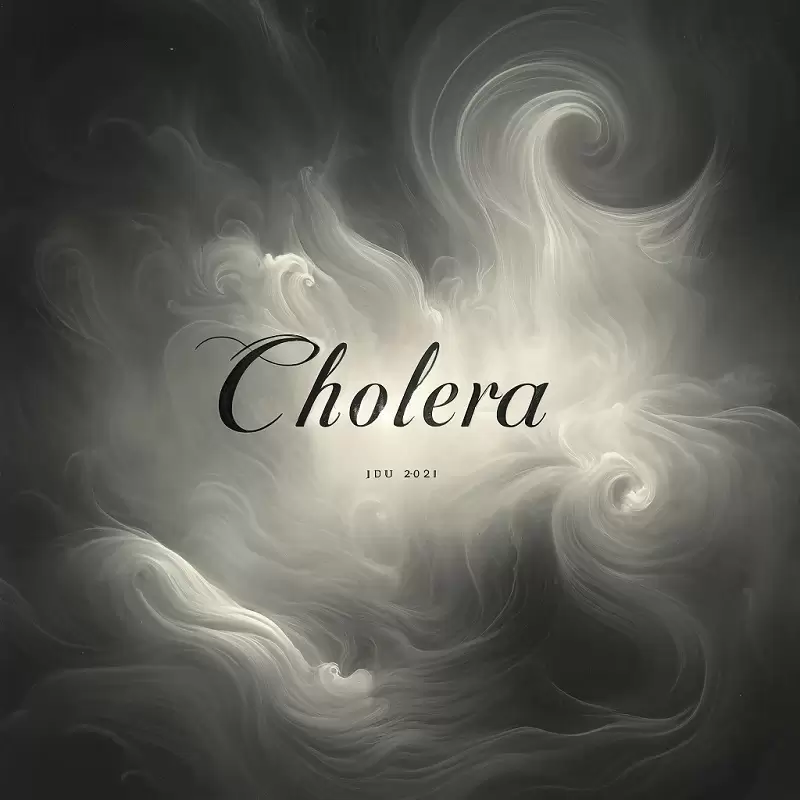 The word ‘cholera’ might sound charming with its soft ch sounds and smooth finish, but it refers to a highly contagious and often deadly disease caused by bacterial infection. The beauty of the word’s sound contrasts sharply with the severity and unpleasantness of its meaning, highlighting the often deceptive nature of phonetics.
The word ‘cholera’ might sound charming with its soft ch sounds and smooth finish, but it refers to a highly contagious and often deadly disease caused by bacterial infection. The beauty of the word’s sound contrasts sharply with the severity and unpleasantness of its meaning, highlighting the often deceptive nature of phonetics.
3. Sanguine
 Sanguine is a word whose melodic quality belies its bloody roots. It means optimistic or positive, especially in an apparently bad or difficult situation. Historically, it also pertains to a blood-red color, connecting it to the idea of bloodshed or a flush of blood—connotations that add a layer of depth to its seemingly cheerful sound.
Sanguine is a word whose melodic quality belies its bloody roots. It means optimistic or positive, especially in an apparently bad or difficult situation. Historically, it also pertains to a blood-red color, connecting it to the idea of bloodshed or a flush of blood—connotations that add a layer of depth to its seemingly cheerful sound.
4. Draconian
 Draconian sounds majestic, perhaps conjuring images of mythical dragons or ancient, regal courts. However, it actually describes laws or measures that are unusually harsh and severe. The term comes from Draco, an ancient Athenian lawmaker known for his strict punishment of even minor offenses.
Draconian sounds majestic, perhaps conjuring images of mythical dragons or ancient, regal courts. However, it actually describes laws or measures that are unusually harsh and severe. The term comes from Draco, an ancient Athenian lawmaker known for his strict punishment of even minor offenses.
5. Crepuscular
 The word ‘crepuscular’ evokes a certain softness and mystery in its pronunciation, suggesting something delicate or whispery. In reality, it refers to animals that are active during twilight, which can carry connotations of obscurity and the unseen dangers of the night.
The word ‘crepuscular’ evokes a certain softness and mystery in its pronunciation, suggesting something delicate or whispery. In reality, it refers to animals that are active during twilight, which can carry connotations of obscurity and the unseen dangers of the night.
6. Miasma
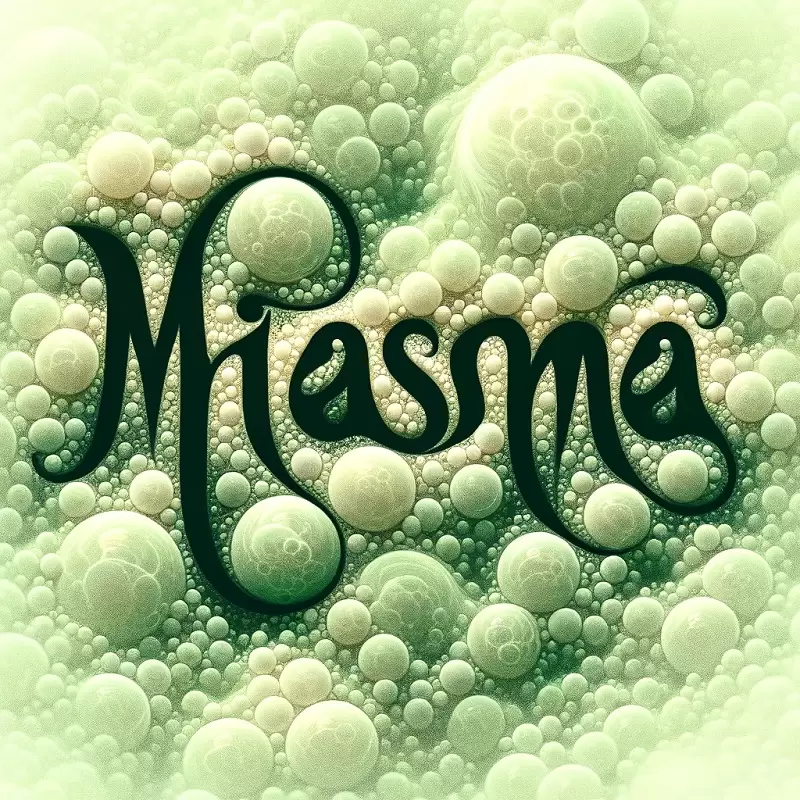 Miasma, with its flowing, almost whimsical sound, actually denotes a highly unpleasant or unhealthy smell or vapor. Historically, it was used to describe the foul air believed to cause diseases, juxtaposing its harmful implications with its almost mystical sound.
Miasma, with its flowing, almost whimsical sound, actually denotes a highly unpleasant or unhealthy smell or vapor. Historically, it was used to describe the foul air believed to cause diseases, juxtaposing its harmful implications with its almost mystical sound.
7. Harbinger
 Harbinger may sound heroic or adventurous, but it refers to a person or thing that announces or signals the approach of another, often bearing news of something bad or unpleasant. The word itself is musically resonant, yet its significance often portends doom or misfortune.
Harbinger may sound heroic or adventurous, but it refers to a person or thing that announces or signals the approach of another, often bearing news of something bad or unpleasant. The word itself is musically resonant, yet its significance often portends doom or misfortune.
8. Noxious
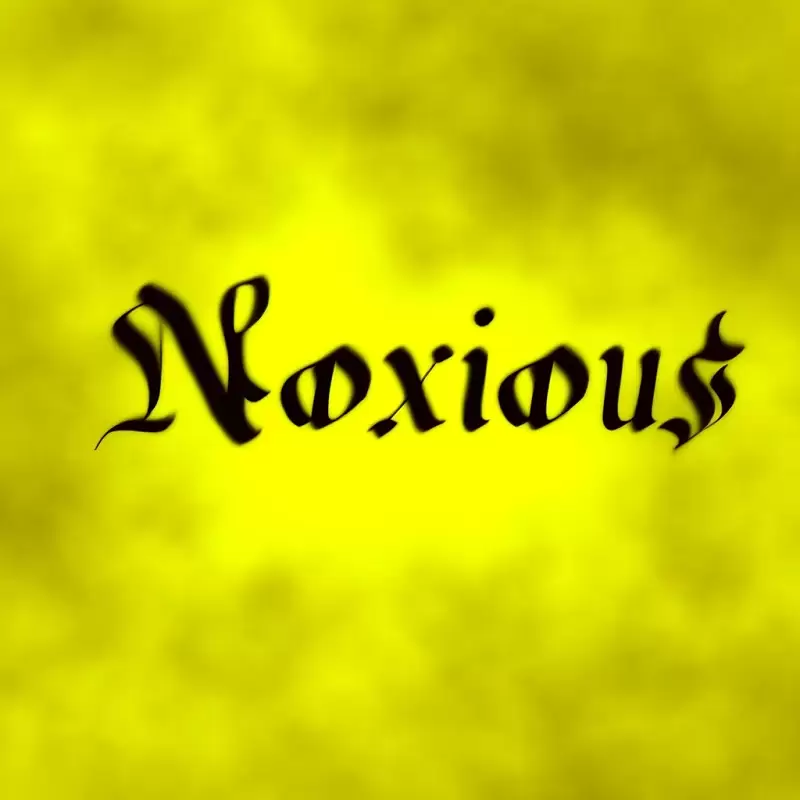 Noxious sounds sophisticated and harmless, possibly something exotic or intriguing. However, it actually means something very harmful, poisonous, or very unpleasant, which is starkly at odds with the elegance of its pronunciation.
Noxious sounds sophisticated and harmless, possibly something exotic or intriguing. However, it actually means something very harmful, poisonous, or very unpleasant, which is starkly at odds with the elegance of its pronunciation.
9. Sepulchral
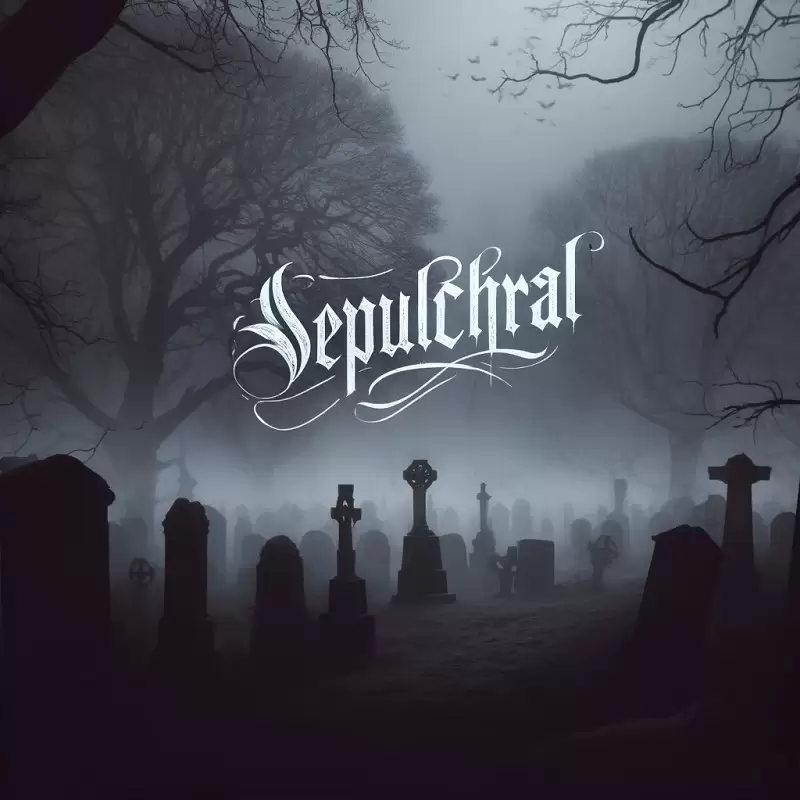 Sepulchral has a beautifully solemn and deep tonal quality but refers to something relating to a tomb or burial, which includes an eerie or gloomy atmosphere. The word’s sound may evoke a sense of deep serenity, yet its association with death gives it a chilling undertone.
Sepulchral has a beautifully solemn and deep tonal quality but refers to something relating to a tomb or burial, which includes an eerie or gloomy atmosphere. The word’s sound may evoke a sense of deep serenity, yet its association with death gives it a chilling undertone.
10. Languor
 Languor conjures an image of languid, serene relaxation, but it denotes a state of tiredness or inertia, often implying a kind of oppressive stillness that is more stifling than peaceful.
Languor conjures an image of languid, serene relaxation, but it denotes a state of tiredness or inertia, often implying a kind of oppressive stillness that is more stifling than peaceful.
11. Pallor
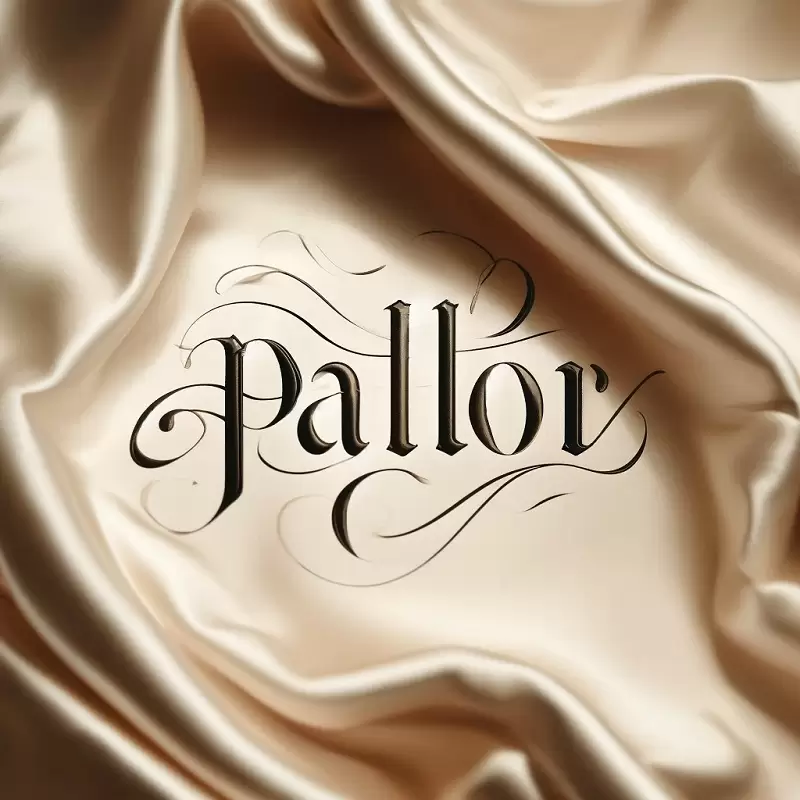 Pallor might remind one of something pure or pale, such as snow. However, it specifically refers to an unhealthy pale appearance, typically suggesting ill health or shock, which gives the word a much more negative context.
Pallor might remind one of something pure or pale, such as snow. However, it specifically refers to an unhealthy pale appearance, typically suggesting ill health or shock, which gives the word a much more negative context.
12. Necrosis
 Necrosis has a certain crisp, clean sound to it, but it refers to the death of body tissue, usually resulting from a lack of blood flow or infection, which is far from pleasant or pure as its sound might suggest.
Necrosis has a certain crisp, clean sound to it, but it refers to the death of body tissue, usually resulting from a lack of blood flow or infection, which is far from pleasant or pure as its sound might suggest.
13. Ululate
 Ululate, with its unique and rhythmic sound, might seem exotic or celebratory. It refers to howling or wailing as an expression of strong emotion, typically grief or despair, contrasting dramatically with its lyrical tone.
Ululate, with its unique and rhythmic sound, might seem exotic or celebratory. It refers to howling or wailing as an expression of strong emotion, typically grief or despair, contrasting dramatically with its lyrical tone.
The Deceptive Harmony of Language
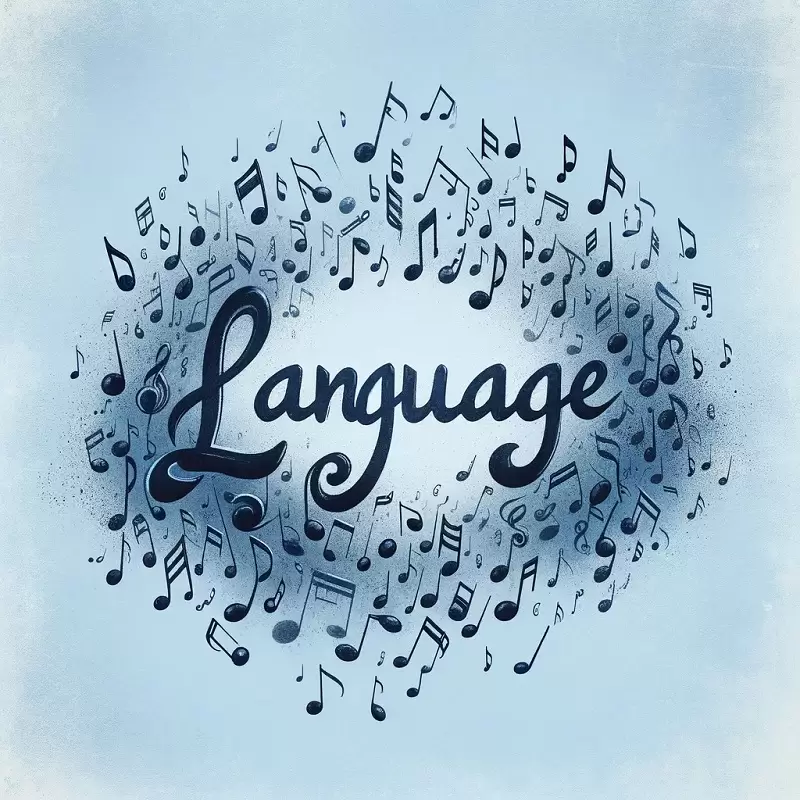 These 13 words that sound beautiful exemplify how the beauty of language can sometimes mask deeper, less pleasant meanings. They remind us of the power of words to both enchant and mislead, serving as a fascinating exploration into the depths of linguistics. Understanding these words that sound beautiful not only enhances our vocabulary but also deepens our appreciation for the complexity and artistry of language.
These 13 words that sound beautiful exemplify how the beauty of language can sometimes mask deeper, less pleasant meanings. They remind us of the power of words to both enchant and mislead, serving as a fascinating exploration into the depths of linguistics. Understanding these words that sound beautiful not only enhances our vocabulary but also deepens our appreciation for the complexity and artistry of language.
16 Words That Always Spark a Debate on Pronunciation
11 Old Sayings That Will Transport You Back in Time

Toi Williams began her writing career in 2003 as a copywriter and editor and has authored hundreds of articles on numerous topics for a wide variety of companies. During her professional experience in the fields of Finance, Real Estate, and Law, she has obtained a broad understanding of these industries and brings this knowledge to her work as a writer.

